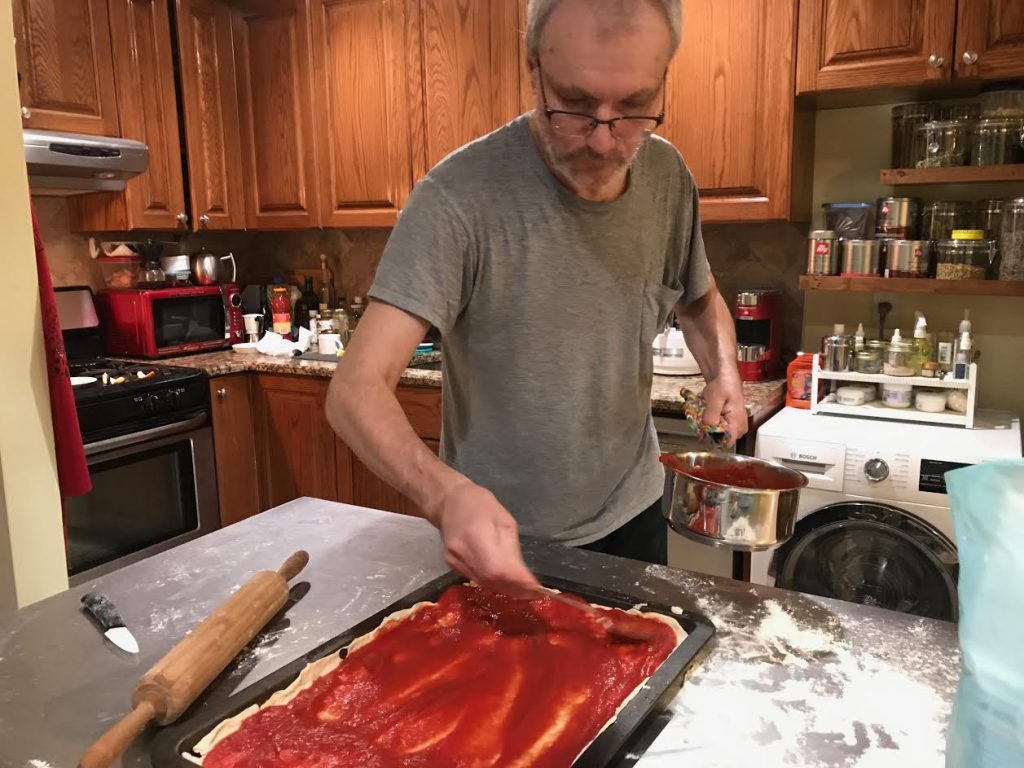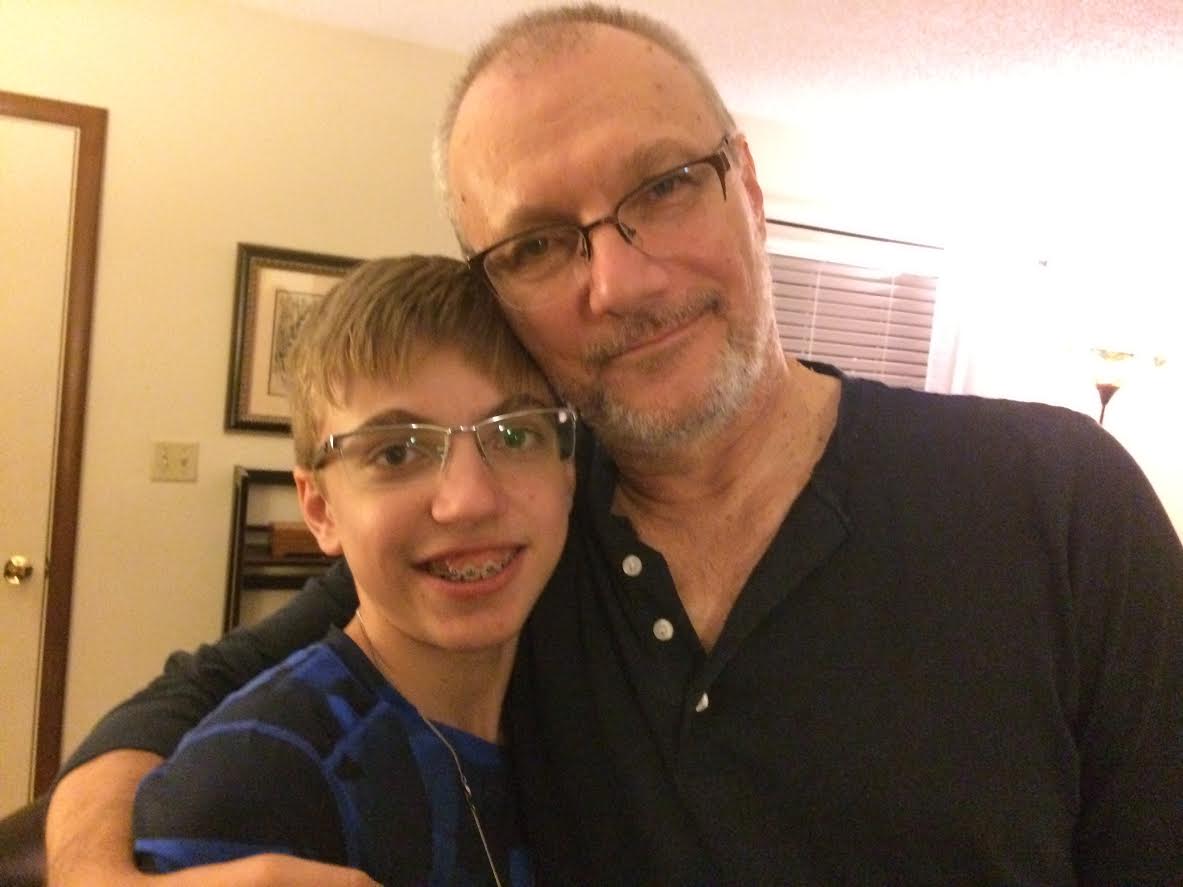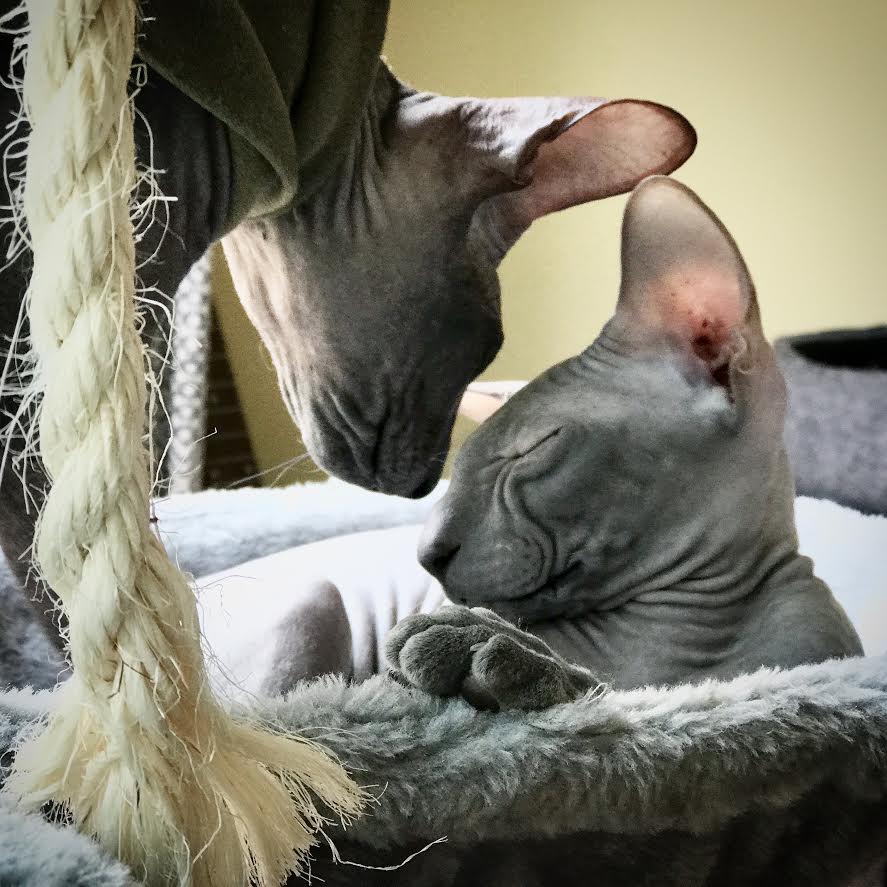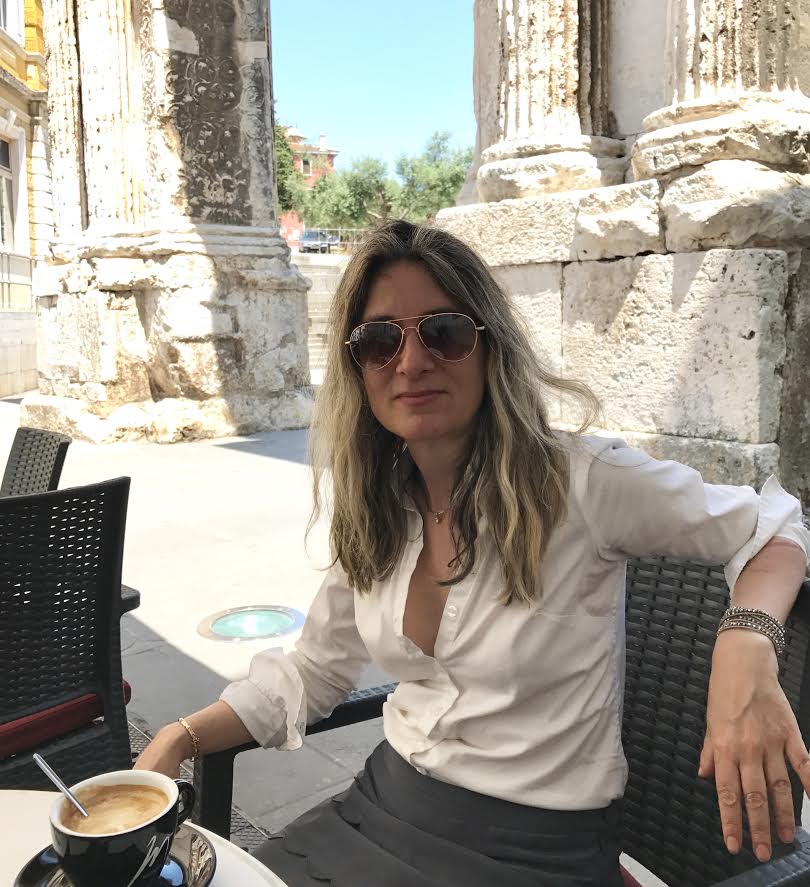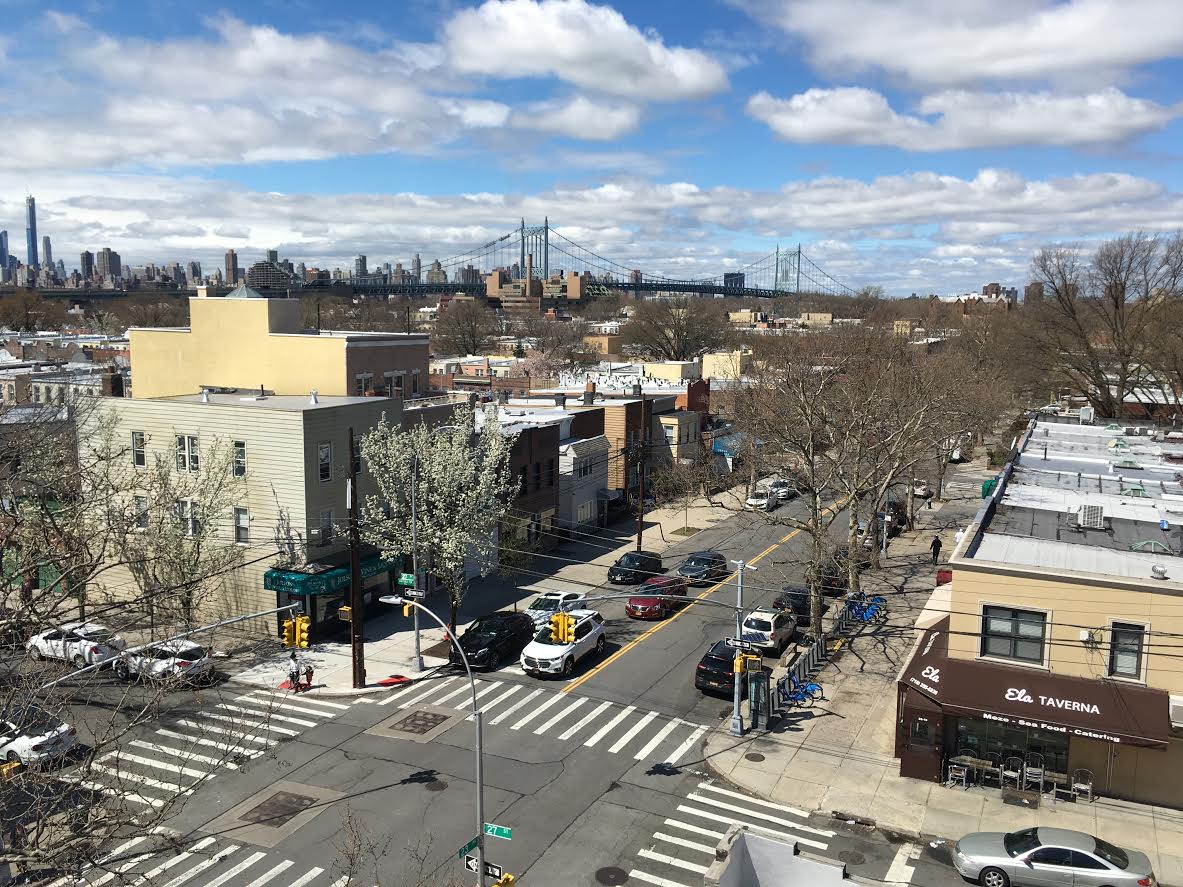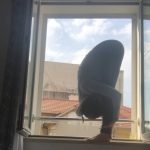April 6, 2020 – With as many Croatians living abroad as in the Homeland, what are the diaspora experiences of self-isolation? In the fourth of a new series, Corona Voices in the Croatian Diaspora, here is Aleksandar Bulajic from New York City.
Last week TCN started a feature series called Foreigner Self-Isolation In Croatia: Do You Feel Safer? I can honestly say we have never had such a response or so many incredible contributions. The countries of origin of these expats in Croatia literally from all over the world. So far we have had submissions from expats from Romania, USA, Ireland, UK, Mexico, Argentina, Spain, Singapore, Holland, Canada, India, Hong Kong, Venezuela, Latvia, China, Honduras, Hungary, Moldova, New Zealand and Germany. You can see all their stories here.
Given the success of the series (still going strong) and large interest, it made sense to expand it to look at this from another angle – how Croatians abroad are coping where they are. If you would like to contribute your story to Corona Voices in the Croatian Diaspora, please find the submission guidelines below. And now, the view the centre of the pandemic currently – New York City. We are very grateful to New York resident Aleksandar Bulajic for this account of his current reality and view of Croatia.
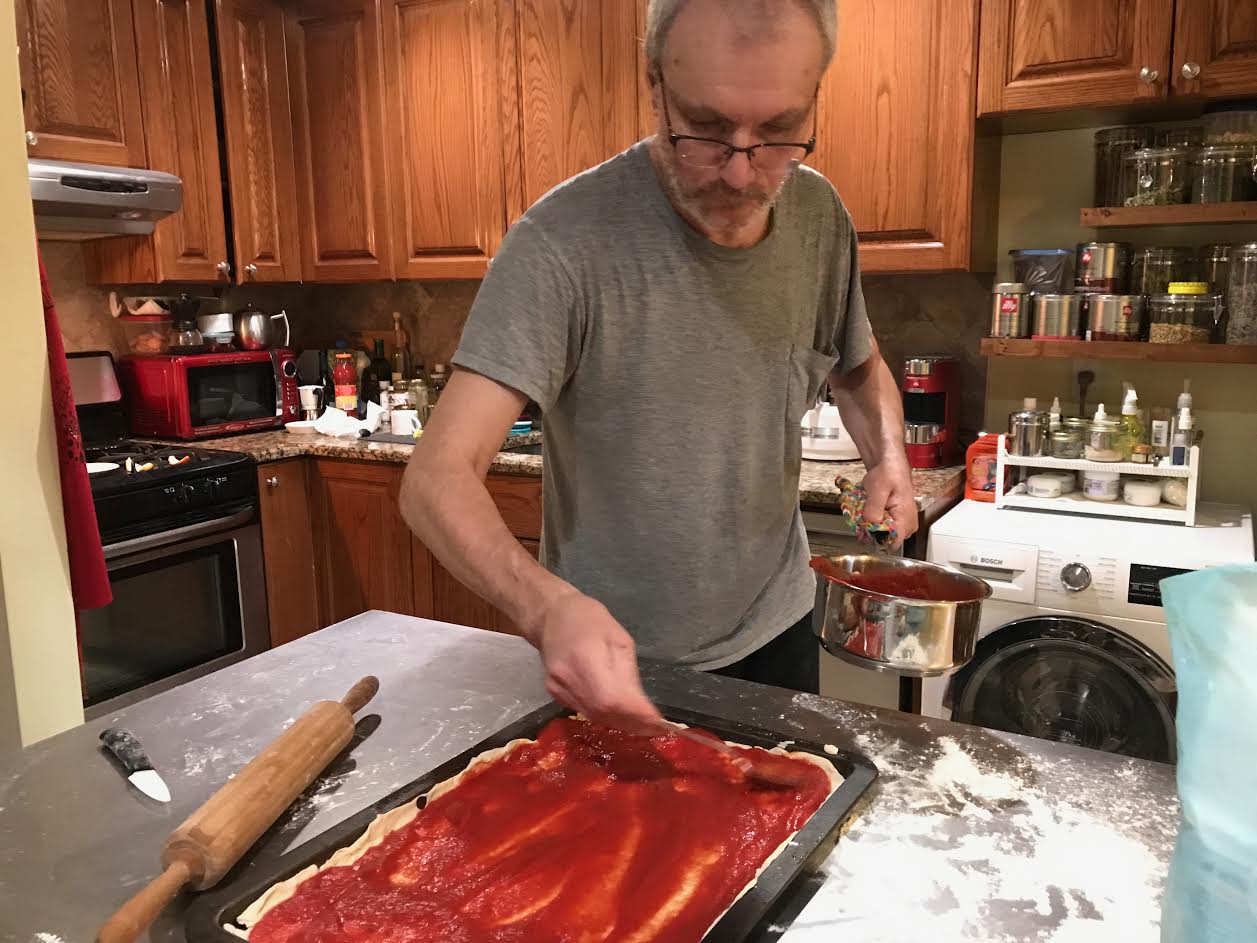
Firstly, how are you? Are you alone/with someone? Tell us a little about your situation and sanity levels.
I’m living with my partner DJ, she’s American, along with our two cats, Jožek and Arlo. My teenage son Luka lives in Columbus, Ohio, with his mom. Luka and I would typically see each other once a month, at least until now. All-in-all, we’re doing, ‘knock-on-wood’, well. Monday, April 6, 2020 marks the start of our fourth week in self-isolation.
Like many others in the restaurant business, I lost my job when our restaurant closed its doors. Delmonico’s first opened in 1837 – and as a cultural institution and barometer of NYC health, we’re hoping it and other businesses open soon again.
Thankfully, DJ is still working full-time. She’s an architectural and graphic designer with the international firm Rockwell Group. It took some adjusting for us to be working from home, though so far we’re handling this unprecedented situation fairly well.
When did you realize that coronavirus was going to be a big issue?
When Italy started falling apart — it was I think in the first week of March, when the number of deaths started going up like crazy — that I realized the coronavirus was going hit the US and the world like a tsunami.
When did you realize that coronavirus was going to be a big issue in New York in particular?
When prominent restaurants (like Le Bernardin) and restaurateurs (Danny Meyer, Eric Ripert) began closing their doors, which happened in the first half of March, is when it struck me that this would hit NYC hard. It was like a point of no return. And, in just a matter of days, one of the most populated cities in the world was abruptly a ghost town. To me, it seemed inevitable; there’s no way we can keep such a dense and bustling city as New York out of this pandemic.
Give us a timeline on when and how life changed.
March 16, the day when Delmonico’s ceased operations and I lost my job of seven years. DJ’s office had also started a work-from-home policy on that day. Only days prior, it was merely a discretionary policy, but within two days became part of mandatory office closings throughout New York City.
Tell us about your day. Do you/can you leave your apartment?
Day-to-day, we can leave our apartment, but we try not to unless absolutely necessary. We typically order groceries for delivery, though that is becoming difficult as less people are available to do that job, and shelves are lacking basic goods. Typically when we place an order for groceries, the expected delivery is in three weeks. A small, family-owned grocery store across the street from our apartment has recently closed, and is no longer an option for staples such as toilet paper or milk. If we must go outside, it’s with masks, gloves, and a hat to cover our hair.
Any delivered groceries or packages from outside go through a thorough routine involving both DJ and I to ensure the virus doesn’t enter the apartment.
Living in a NYC apartment building is also a bit tricky in the age of coronavirus. We attempt to avoid neighbors as much as possible — for both our safety and theirs, as the hallways are narrow and shared doorknobs not cleaned since mid-March.
On the brighter side, I’m cooking as never before. Yes, I’m definitely stress baking, though I’m grateful to have small pleasures at this time. And luckily we have a modest backyard that allows for some fresh air, table tennis, and soccer ball practice.
How are the authorities doing at handling the situation?
We are really grateful for having Andrew Cuomo as our Governor. His daily press briefings are delivered with direct honesty and leadership. We truly feel he is fighting for New York State. He’s direct, eloquent, calm, and most importantly, Cuomo is well-informed. He also knows to surround himself with professionals that can address the myriad aspects of how a city is – or may be – affected by this pandemic.
I wish I can say the same for the President of the United States who, by his inaction, is responsible for the exponential spread of this deadly virus that has and will cost numerous lives.
You obviously keep an eye on your homeland. What is your impression of the way Croatia is dealing with the crisis?
Kudos to the government of Croatia, both federal and local. Kudos to everyone in my homeland who is doing a great job with self-distancing, self-isolating, and taking this horror seriously. The right leadership in the right place at the right, critical time. Yes, I’m biased, though it looks like my county Istria — which is the closest one to Italy — is doing a great job.
Compare and contrast the responses of Croatia and USA. Who is doing what better?
Croatia is doing a much better job in fighting this disease than the US, mostly because our federal government has failed in acting on time to curtail this pandemic.
What about official communications from the authorities, compared to your home country?
The daily press conferences by the New York Governor, Andrew Cuomo, are strait-forward, concise, and delivered with knowledgeable leadership. It’s no small wonder that many are asking him to run for the Presidency of the US.
What’s the one thing you wish you had taken with you into self-isolation?
More beer for sure. It’s sometimes the small pleasures that make isolation a bit easier.
One thing you have learned about yourself, and one thing you have learned about others during this crisis.
I used to be a full-time journalist, starting in 1997 with Glas Istre, a Croatian daily newspaper. As my late ex-boss Željko Žmak once said to me, “when you got ink under your nails, there’s no way you can get rid of it”. That’s absolutely true. One thing that has shifted is my daily need, and time to write again. I’ve focused on my website Croatian In New York http://croatian-in-new-york.
If you could be self-isolating in Croatia, where would it be, and why?
There’s only one place where self-isolation would be a gift and not punishment: the Island Unije. Back in 2015 DJ, Luka and I spent the most incredible 14 days of our life there. I believe that time spent on islands has a powerful effect on relaxing the mind and body, compared to time spent on a continent. I’m talking about small, tiny islands where one is completely surrounded by the sea. Time slows on islands, where one day of vacation on the island feels like two on the continent.
Thanks, Aleksandar. Stay safe and see you on the other side. You can see all the stories in both this diaspora series, and the one on expats in Croatia on this link.
TCN is starting a new feature series on Croatian diaspora experiences of sitting out COVID-19 abroad and comparing your experiences to the situation in Croatia. If you would like to contribute, the questions are below. Please also include a para about yourself and where you are from, and a link to your website if you would like. Please also send 3-4 photos minimum to news@total-croatia-news.com Subject Corona Diaspora
If you would be interested to record a video version for our partners www.rplus.video please let us know in the email. Thanks and stay safe.
Self-Isolation Voices from the Diaspora
Firstly, how are you? Are you alone/with someone? Tell us a little about your situation and sanity levels.
When did you realise that corona was going to be a big issue?
When did you realise that corona was going to be a big issue in New York in particular?
Give us a timeline on when and how life changed.
Tell us about your day. Do you/can you leave your apartment?
How are the authorities doing at handling the situation?
You obviously keep an eye on your homeland. What is your impression of the way Croatia is dealing with the crisis?
Compare and contrast the responses of Croatia and USA. Who is doing what better?
What about official communications from the authorities, compared to your home country?
What’s the one thing you wish you had taken with you into self-isolation?
One thing you have learned about yourself, and one thing you have learned about others during this crisis.
If you could be self-isolating in Croatia, where would it be, and why?
TCN has recently become a partner in Robert Tomic Zuber’s new R+ video channel, initially telling stories about corona experiences. You can see the first TCN contribution from this morning, my video from Jelsa talking about the realities of running a news portal in the corona era below. If you would like to also submit a video interview, please find Robert’s guidelines below
VIDEO RECORDING GUIDE
The video footage should be recorded so that the cell phone is turned horizontally (landscape mode).
There are several rules for television and video news:- length is not a virtue- a picture speaks more than a thousand words
In short, this would mean that your story should not last more than 90 seconds and that everything you say in the report should be shown by video (for example, if you talk about empty streets, we should see those empty streets, etc.).
How to do it with your cell phone? First, use a selfie camera to record yourself telling your story for about a minute and a half. Ideally, it would be taken in the exterior, except in situations where you are reporting on things in the interior (quarantine, hospital, self-isolation, etc.). Also, when shooting, move freely, make sure everything is not static.
After you have recorded your report, you should capture footage that will tell your story with a picture, such as an earlier example with empty streets.
One of the basic rules of TV journalism is that the story is told in the same way as a journalist with his text. Therefore, we ask you for additional effort. Because we work in a very specific situation, sometimes you may not be able to capture footage for each sentence of the report. In this case, record the details on the streets: people walking, the main features of the city where you live, inscriptions on the windows related to the virus, etc.
The same rules apply if you are shooting a story from your apartment, self-isolation, quarantine. We also need you to capture footage that describes your story.
When shooting frames to cover your reports, it is important that you change the angle of the shot (in other words, shoot that empty street from several angles). Also, when shooting a detail, count at least five seconds before removing the camera to another detail.
The material should be about 5 minutes long (90 seconds of your report + frames to cover your story).
After recording everything, send us to Zagreb, preferably via WeTransfer to rplus.video@gmail.com

